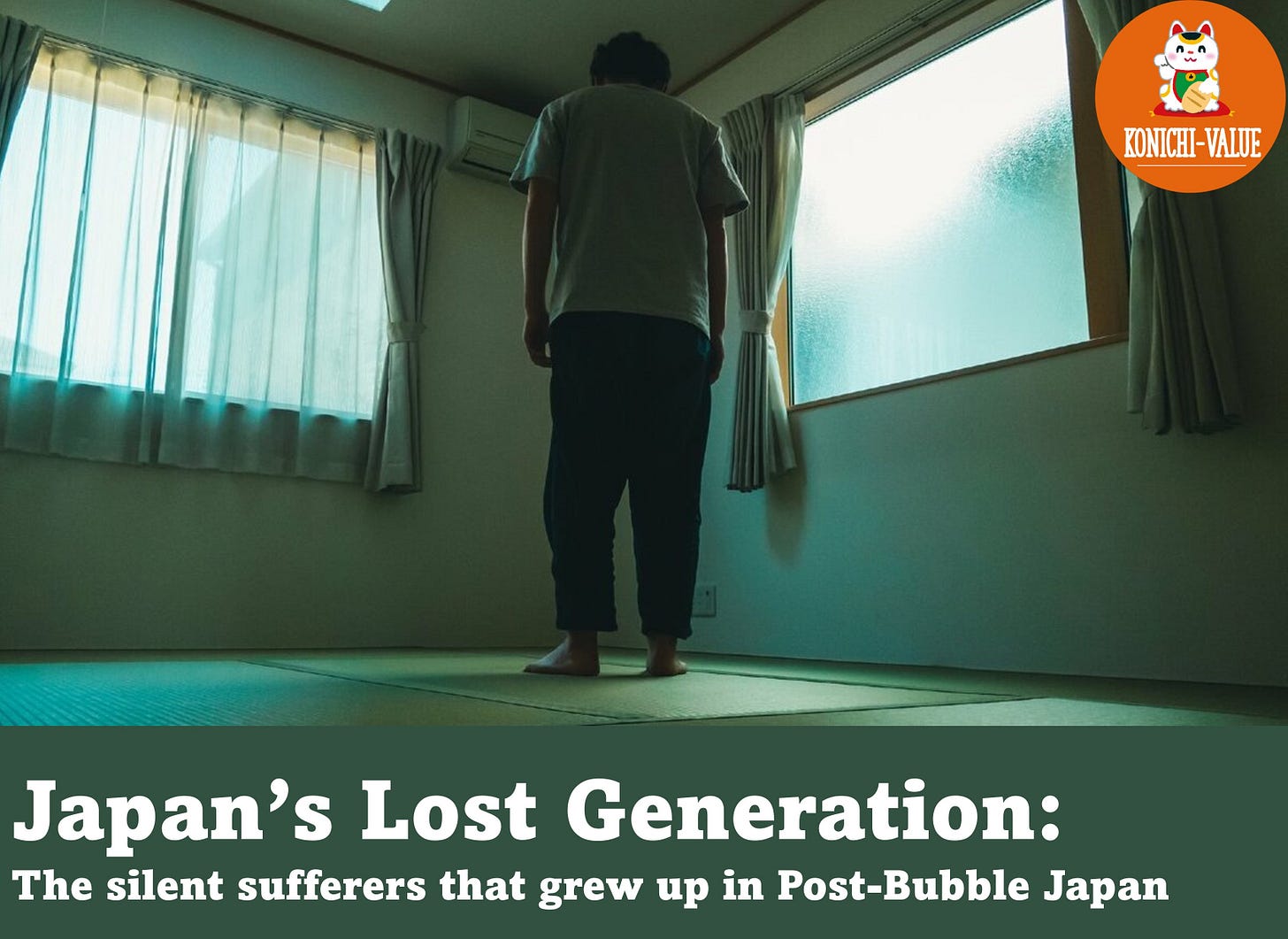Japan's Lost Generation: The Silent Sufferers that Grew up in Post-Bubble Japan
The children of the 1970s and 1980s facing adversity in post-bubble Japan
In the 1980s, Japan was at the height of its economic prosperity, with a booming stock market and sky-high real estate values. But when all of this came to a screeching halt in the early 1990s and the "bubble economy" burst, the aftermath for the young people entering the workforce was devastating…
This generation have come to be known as Japan’s "Lost G…





